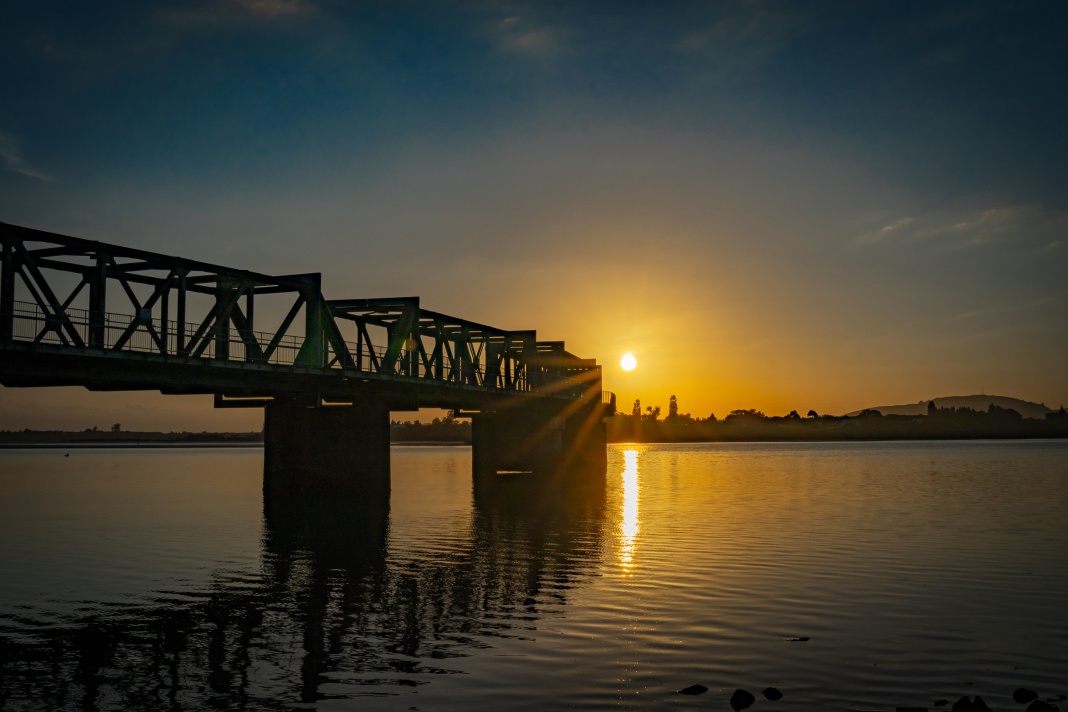Some Tauranga businesses face a significant rates increase as the recently reappointed city commissioners work to rebalance the city’s transport rating inequities. They have reiterated that the city had not in the past paid for ‘growth with growth’, and say the rates allocation across infrastructure and transport use is far from equitable.
In a recent “meet the commissioners” session to business leaders, commissioners Anne Tolley and Stephen Selwood outlined how city traffic infrastructure is to be a key priority over the next three years.
Head commissioner Tolley again reiterated to business heads that Tauranga city had not paid for “growth with growth”, and the rates allocation across infrastructure and transport use was far from equitable at present.
In total, the council is proposing to spend $1.58 billion over the next 10 years on traffic infrastructure.
The largest portions include $171 million on walkways/cycleways throughout the city, $164 million on the eastern corridor routes and $157 million on the Hewlett’s Rd-Totara Street-Hull Road sub-catchment.
The biggest single ticket item is the $205 million allocated for western state highway growth projects around Tauriko.
“The modelling tells us this is what we need to invest in order to just maintain the status quo, given continuing growth,” said Selwood. “It is very clear we need to get on with the key state highway projects and the Hewlett’s-Hull project.”
But research has revealed Tauranga city’s portioning of rates to roading is significantly out of kilter.
An Insight Economic survey shows road usage in the city split roughly 50:50 between residents and industrial-commercial users.
But 75 percent of the city’s road rating income is generated from household ratepayers. Typically, in most New Zealand cities the commercial and industrial sector contribute to about a third to total rate take.
“So, on the basis of ‘fair share’ of who pays, we want to move to more of a 50:50 model,” Selwood says.
At present Tauranga businesses pay a general rate differential of 1.6 ($1.60 in rates for every $1 paid by residential householders on a similar valued property). Again, this is considerably lower than other metro councils in New Zealand.
The commissioners’ proposed change will see a two-year transition from 1.6 to 1.9 to 2.3, to cushion the blow of the increase.
“We recognise that some businesses are doing quite well while others, particularly those in hospitality are not,” says Anne Tolley.
No rates increase for some
About 30 percent of the city’s CBD properties will experience no rates increase or a rates reduction, 63 percent will have an increase of less than 10 percent, and the remainder an increase more than 10 percent.
The average rates increase proposed in this year’s annual plan stands at 13.7 percent.
“Basically, those that are earning decent market rentals and doing quite well will go up, those that are not will go down.”
Staving off property losses
Selwood said that if the investment was not made now in rates income into infrastructure, the insidious impact of productivity losses in the city will have a much greater effect on its future growth and liveability.
Another funding lever commissioners of the indebted city also intend to pull is via the new infrastructure funding and financing Act (IFF).
The IFF is intended to provide councils in fast-growing areas including Hamilton, Tauranga and Queenstown, with a financing tool that keeps the debt off councils’ books when funding housing and infrastructure spend.
The model provides opportunities for local councils and iwi to partner with private developers free of council debt limits, which are already at their ceiling in Tauranga.
“Its underlying principle is that those who benefit from a project will pay for it via a levy collected in the same way as their property rates,” said Tolley.
“If a decision to proceed is made, it also signals to our partners that TCC is committed to making these projects happen.”
The Tauriko West housing and infrastructure project would be funded by a IFF levy on each of the 2000 new properties proposed. The levy is expected to be about $2000 to $2500 a year.
“This gives us access to $500 million more than we could raise off our own balance sheet,” said Tolley.




